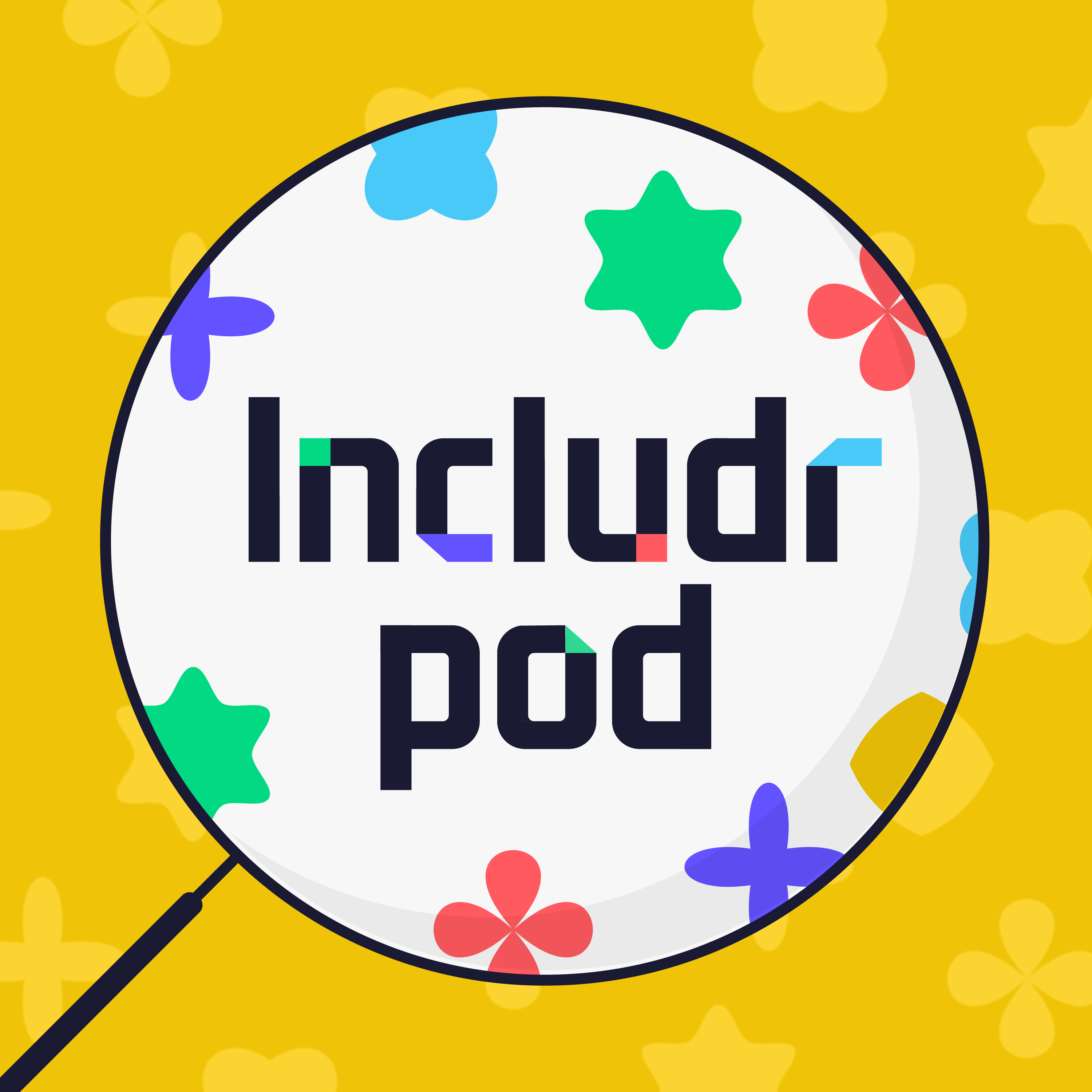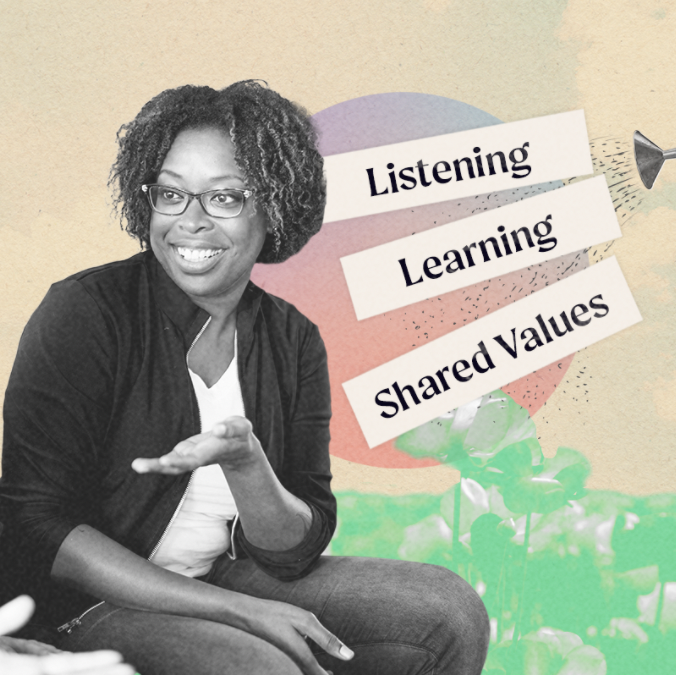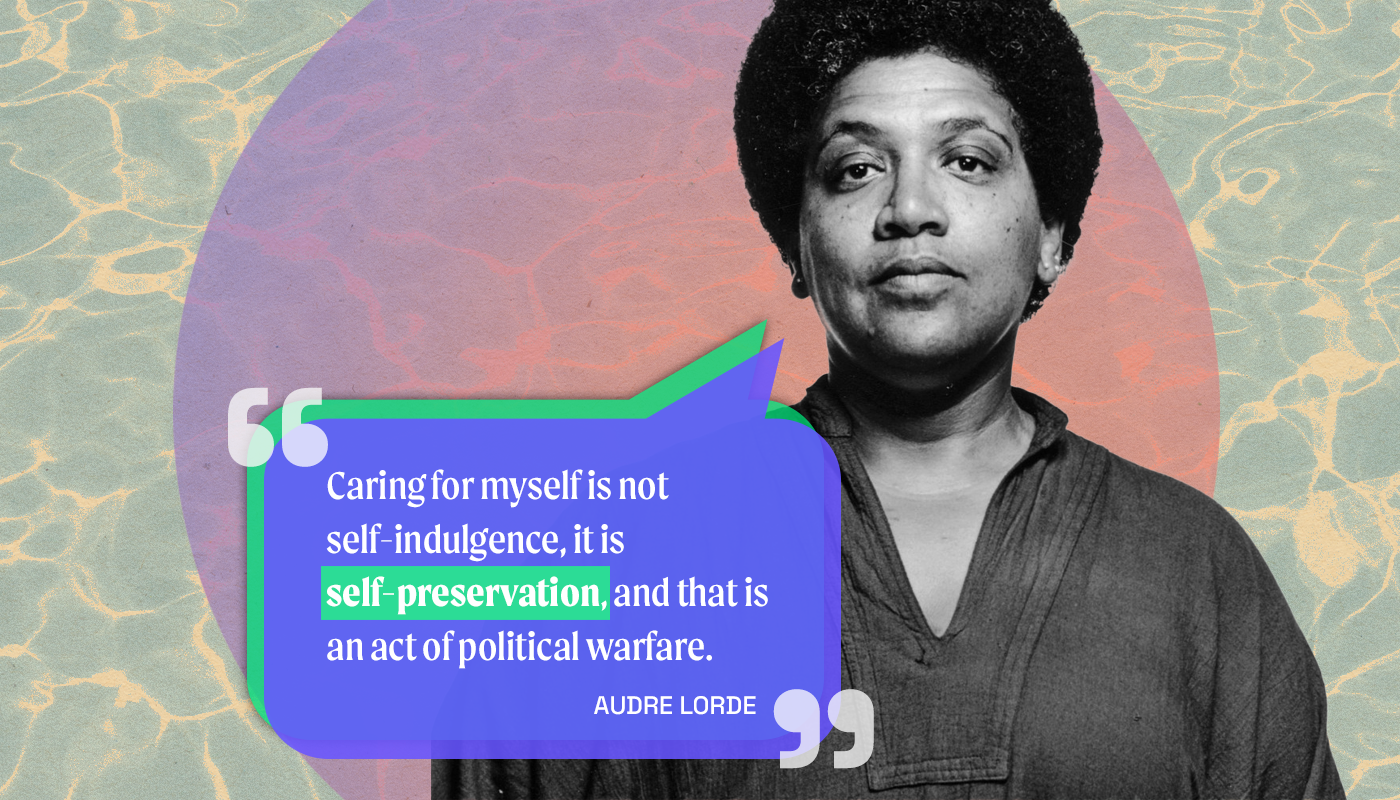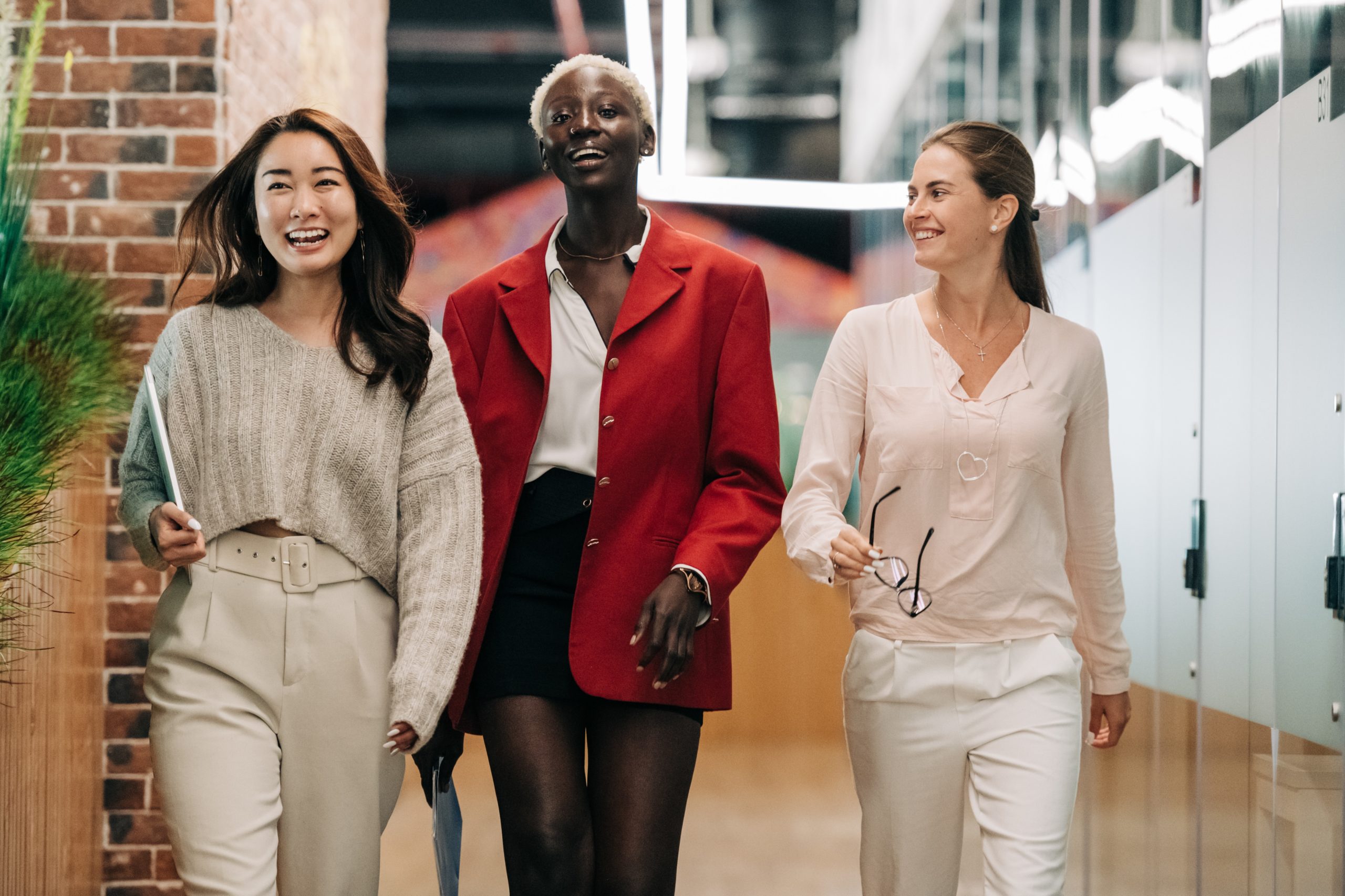The power of candid and open conversations at work
Unlock inclusion — one conversation at a time.

One of the most important aspects of workplace inclusion to grasp is the extent to which it is an active process. While older generations may have defined inclusion as a passive tolerance and acceptance of diverse groups, for today’s millennials – the bar is set far higher. A critical driver of this type of workplace culture is openness and confidence in engaging in candid conversations around socially complex issues such as race, gender equality, and disability inclusion. According to the World Economic Forum, shared dialogue is among the most effective tools we have for fostering inclusion. In addition, candid and open conversations at work are a crucial part of psychological safety in the workplace; when employees are able to speak freely and know that they will be heard, they are more engaged with and committed to their work.
Candid and open conversations at work can help amplify disparate and unheard voices within an organization and build community by promoting a genuine sense of equality — all while supporting the bottom line by promoting intellectual curiosity and creative thinking. Just as importantly, it can cement deeper relationships between employees – a crucial aspect of team building and make a valuable contribution to staff retention.
Simply pretending that gender, race, and physical differences remain “unseen” at work is a dangerous path to follow, even if it is well-intentioned and can intensify a sense of marginalization. Yet, by the same token, candid conversations can be uncomfortable and triggering for some and need to be undertaken with due care and attention. So, how do business owners and D&I leads learn how to master both the art and science of undertaking candid conversations in the workplace and avoid these pitfalls – all while juggling day-to-day business pressures?
What employees truly care about:
1. Career. They want jobs that provide autonomy and promote development.
2. Community. People want a sense of belonging.
3. Cause. They want to make a meaningful impact.https://t.co/CnyDuCrY0T— Harvard Business Review (@HarvardBiz) June 18, 2019
Asking the right questions
Atlanta-based Inclusivv (formerly known as Civic Dinners) has sought to help formalize and inform this process through the production of content guides and educational materials required to encourage meaningful dialogue around social inclusion along with the technology to facilitate it on a corporate level.
Conversation guides are split into packs covering around 50 distinct subject areas on topics as wide-ranging as Asian heritage and microaggressions in the workplace to LGBTQ and disability inclusion.
The company’s approach to content can be seen as a move away from the traditional top-down training and bland employee surveys towards something more engaging and insightful.
In addition to podcast and video materials to train meeting hosts, the packs consist of three fundamental questions intended to spark debate and a meeting structure template that gives everybody the opportunity to have their say.
By means of an example, the disability pack opens and concludes with the following questions:
- Have you or someone in your family or community experienced a disability? What was the experience like, and what, if anything, surprised you the most?
- What changes can we make to the workplace to make it more accessible and inclusive to all employees? Who would need to be involved in making these changes possible? And what role can you play?
Going deeper
Jenn Graham, Inclusivv’s founder and CEO, was schooled on the art of dialogue and community organizing at Harvard by the “godfather” of the subject Marshall Ganz – a Senior Lecturer in Leadership, Organizing, and Civil Society at the Kennedy School of Government.
In defining her intentions for setting up Inclusivv Graham says, “My whole vision for Inclusivv was really to help break down big, hairy, audacious ideas around complex topics and give people a chance to peel back the layers and take action. We really want to encourage people to see themselves as part of the solution.”
Inclusivv’s guided conversation packs are supported by their technology platform which enables D&I leaders and other meeting hosts tools to easily schedule, facilitate follow-up action points, and collect data.
This ability to rapidly automate, scale, and duplicate meeting planning frees up valuable time for D&I leads and meeting hosts to focus on the less tangible, more human aspects and for deeper reflection on discussion topics.
Equally, technologies that make human contact more reliable, informed, and efficient will continue to develop in the years and decades to come.
Who knows? One day, important and engaging conversations of this type may also find a home in the virtual landscape of the Metaverse such as those being developed by the likes of Facebook.
Of greater certainty is the fact that the subject areas themselves will evolve faster still, and we must continue to engage in meaningful and open conversations at work.
I think it’s time we sat down for a chat, don’t you?![]()








